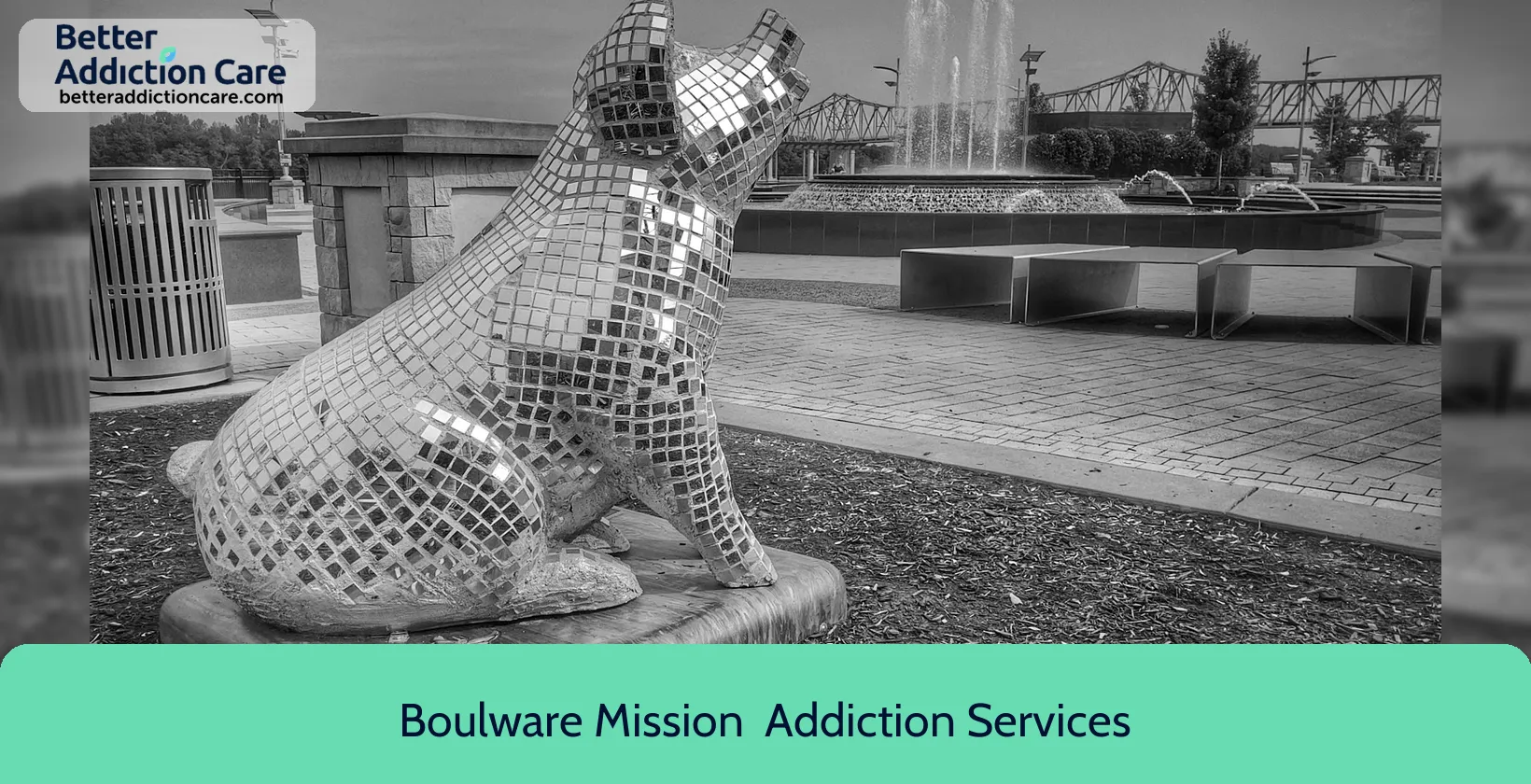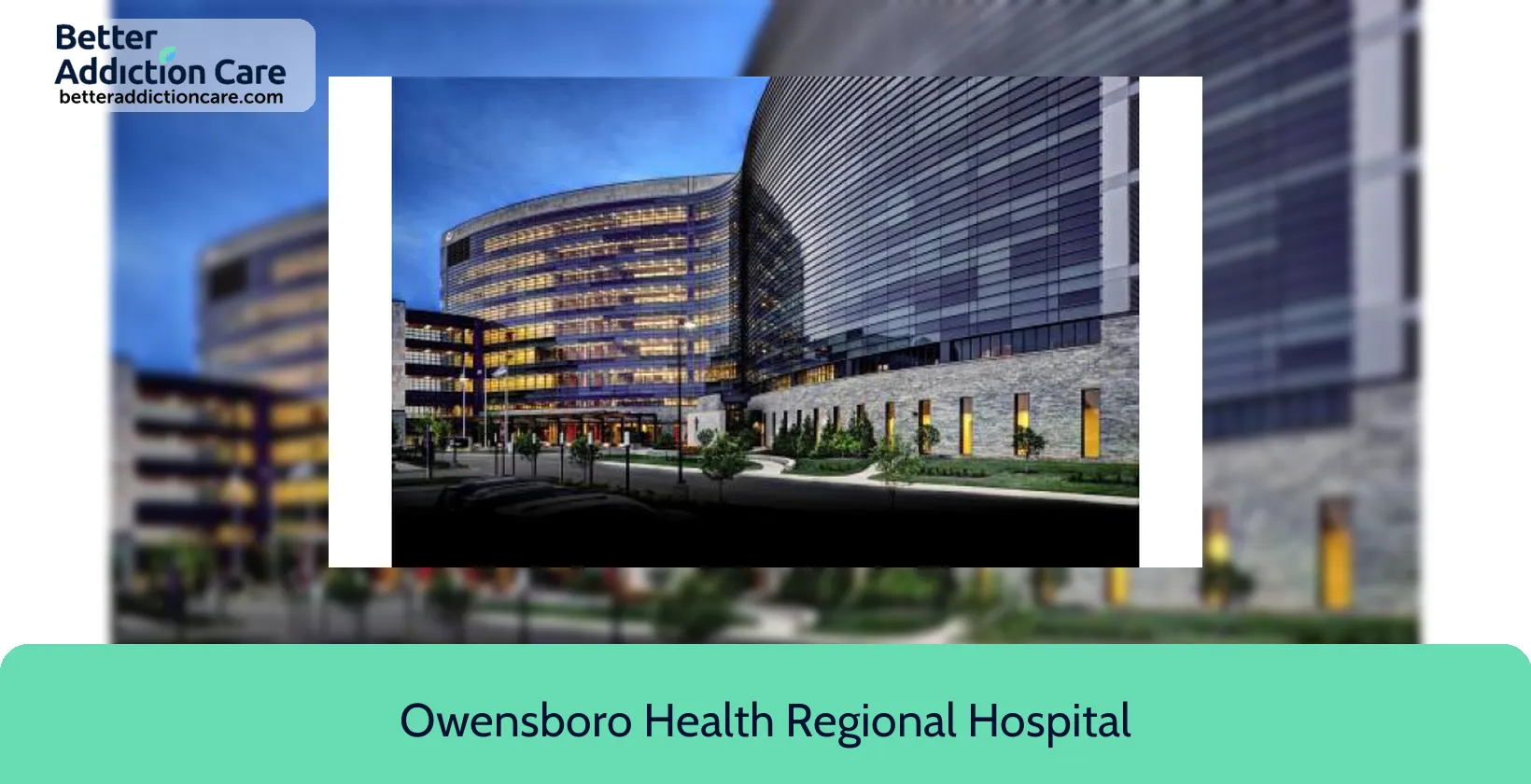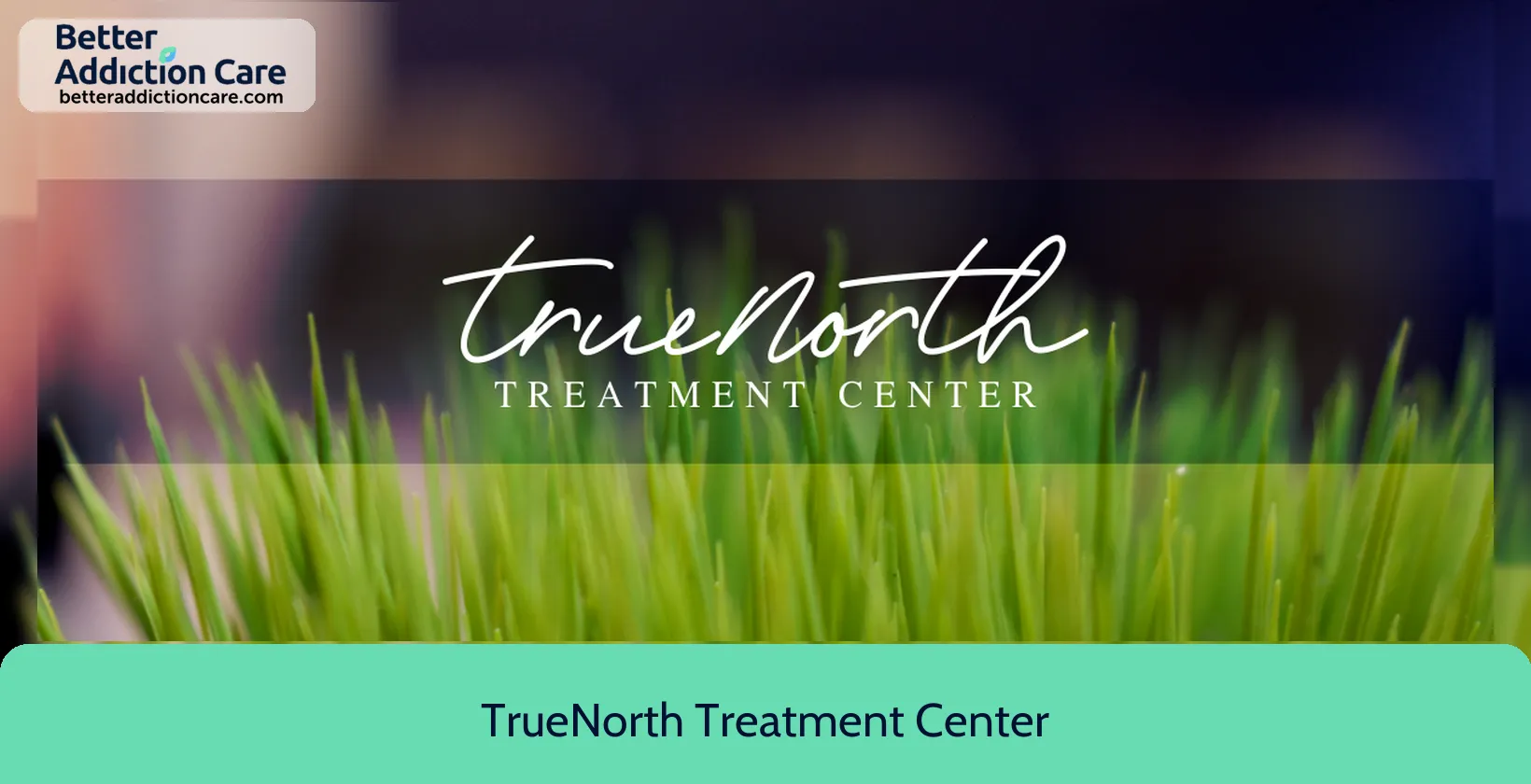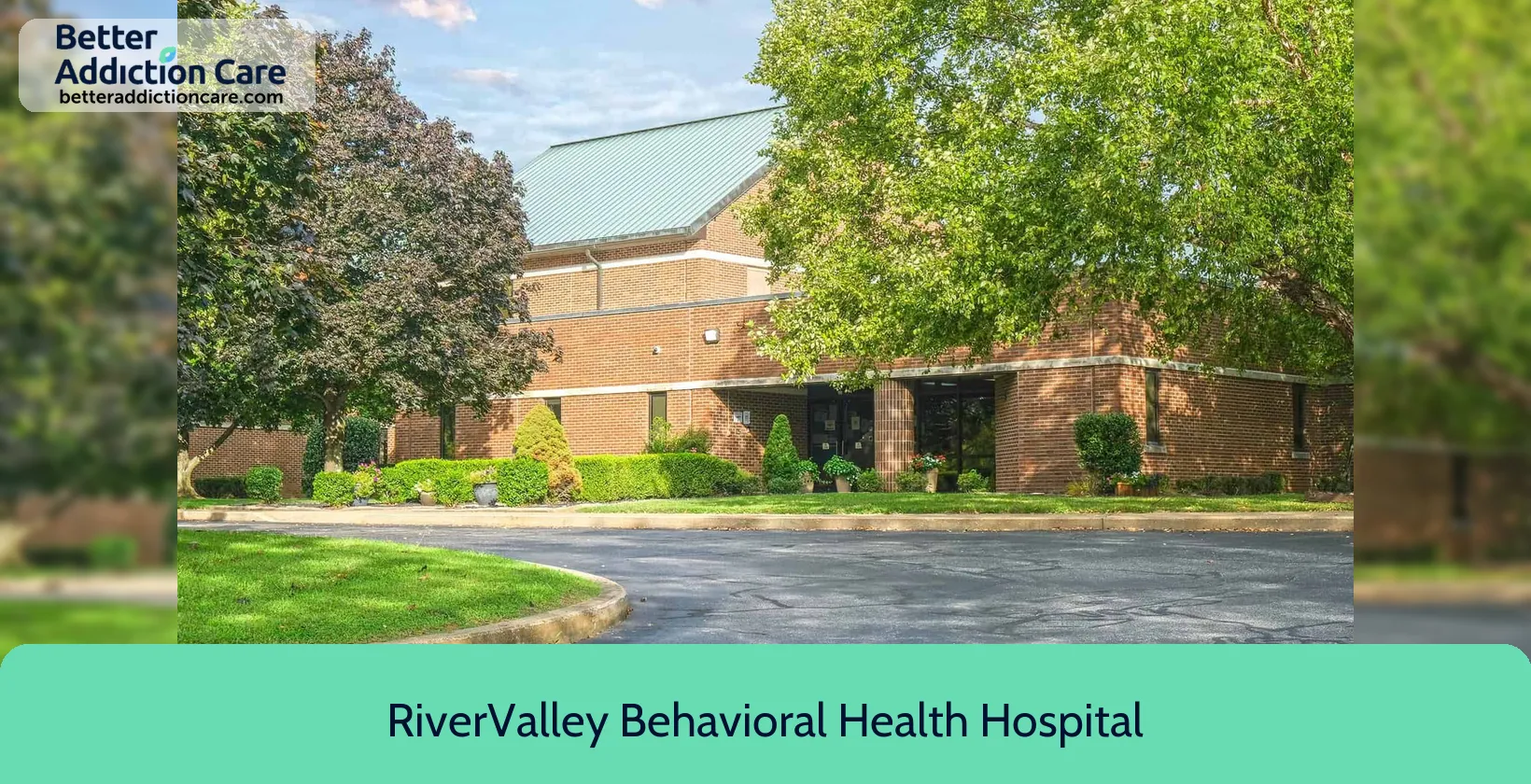RiverValley Behavioral Health Hospital
Overview
River Valley Behavioral Health Children's Hospital, situated in Owensboro, Kentucky, offers specialized treatment to children and adolescents aged 5 to 17 who are afflicted with mental health and co-occurring disorders. This 80-bed psychiatric facility exclusively provides inpatient treatment, guaranteeing a highly structured and supportive environment for juvenile patients who require intensive mental health care. The facility is staffed with child and adolescent psychiatrists who supervise treatment and develop personalized care plans to assist patients in their recovery and stabilization. It also provides a robust aftercare program that is designed to provide patients with the necessary support after they have discharged from the hospital. This aftercare program facilitates the reintegration of families and patients into daily life while ensuring that they have access to ongoing therapeutic services and support resources.
The Hospital offers comprehensive care on its 40-acre campus, which concentrates on providing patients with coping mechanisms to manage their behavioral health challenges. This care includes individual and group therapy. In collaboration with Cleveland Clinic, the facility also provides specialized programs, including Applied Behavior Analysis (ABA), for children with autism. The facility is open 24 hours a day and provides admissions and assessments by clinicians with a master's degree. The duration of inpatient stays typically ranges from four to seven days, although this may be contingent upon the specific requirements of each individual. The program also incorporates educational and recreational activities, and patients have access to a school and gymnasium on-site to promote their overall well-being during their stay.
The hospital's accreditations include certifications from the State Department of Health and partnerships with SAMHSA, which guarantee the provision of the highest quality of care. Furthermore, the hospital's services are accessible to a wide range of individuals, as financial assistance is available to families in need.
RiverValley Behavioral Health Hospital at a Glance
Payment Options
- Cash or self-payment
- Medicaid
- State-financed health insurance plan other than Medicaid
- Private health insurance
- State welfare or child and family services funds
Assessments
- Screening for tobacco use
- Comprehensive mental health assessment
- Comprehensive substance use assessment
Age Groups
- Children/adolescents
- Adolescence program
Ancillary Services
- Case management service
- Education services
- Family psychoeducation
- Integrated primary care services
- Suicide prevention services
Highlights About RiverValley Behavioral Health Hospital
6.82/10
With an overall rating of 6.82/10, this facility has following balanced range of services. Alcohol Rehabilitation: 8.00/10, Drug Rehab and Detox: 6.00/10, Insurance and Payments: 6.67/10, Treatment Options: 6.61/10.-
Alcohol Rehabilitation 8.00
-
Insurance and Payments 6.67
-
Treatment Options 6.61
-
Drug Rehab and Detox 6.00
Accreditations
Commission on Accreditation of Rehabilitation Facilities (CARF):

CARF accreditation is a prestigious recognition granted to rehabilitation and human service organizations. It signifies that an organization meets high-quality standards, having undergone a rigorous evaluation process. CARF accreditation boosts an organization's credibility and ensures top-notch care for individuals with disabilities, injuries, or healthcare needs.
Registration: 244842
SAMHSA:
SAMHSA's Opioid Treatment Programs (OTPs) accreditation is a rigorous recognition process that signifies an OTP's commitment to providing high-quality care for individuals dealing with opioid use disorders. It assures patients, families, and the community that the program adheres to evidence-based practices, employs qualified staff, and maintains a safe treatment environment. This accreditation is a symbol of quality and accountability, offering confidence in the program's ability to support individuals on their path to recovery from opioid addiction.
Treatment At RiverValley Behavioral Health Hospital
Treatment Conditions
- Mental health treatment
- Co-occurring Disorders
Care Levels
- Luxury Treatment
- Hospital inpatient/24-hour hospital inpatient
- Aftercare
Treatment Modalities
- Couples/family therapy
- Group counseling
- Cognitive behavioral therapy
- Integrated Mental and Substance Use Disorder treatment
- Activity therapy
Ancillary Services
Languages
- Sign language services for the deaf and hard of hearing
Additional Services
- Pharmacotherapies administered during treatment
- Aftercare Support
- Laboratory testing
Special Programs
- Clients who have experienced trauma
- Children/adolescents with serious emotional disturbance (SED)
- Persons 18 and older with serious mental illness (SMI)
Get Help Now
Common Questions About RiverValley Behavioral Health Hospital
Contact Information
Other Facilities in Owensboro

6.77

6.89

7.04

6.82

7.42

6.68

6.62

7.20
DISCLAIMER: The facility name, logo and brand are the property and registered trademarks of TrueNorth Treatment Center, and are being used for identification and informational purposes only. Use of these names, logos and brands shall not imply endorsement. BetterAddictionCare.com is not affiliated with or sponsored by TrueNorth Treatment Center.

